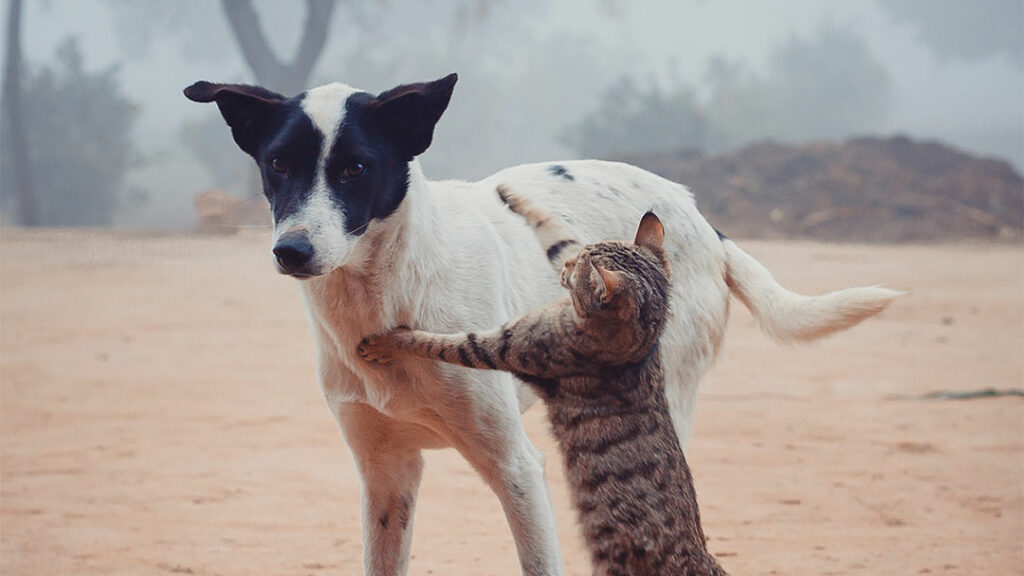The spotted cats are no exception, considered by many to be some of the most visually striking of all domestic cats, prized for both their one-of-a-kind looks and endearing personalities. carrying your miniature leopard: whether your domestic cat with spots is a Bengal, Egyptian Mau, Ocicat or just your beloved domestic shorthair tabby with distinct accents, raising them calls for meticulousness from their grooming needs, to their emotional state. This guide will make you aware of what a spotted cat needs, how to keep them healthy, and happy indoors.
Understanding the Nature of a Spotted House Cat
Spotted cats are often from breeds that are active and playful. Meanwhile, breeds such as Bengals and Savannah cats are known for being very active and intelligent, and as such, may maintain characteristics of their wild ancestors. Even moggie spotted cats can have keen hunting instincts, a curious demeanour, and a need for stimulation.
Their unique coat pattern isn’t just for looks. In some breeds, spots are linked with specific genetic lines that also influence behaviour and health traits. Recognising these connections helps in providing more personalised care for your house cat with spots.
Grooming and Coat Maintenance
If you have a house cat with spots, one of life’s pleasures is caring for their coat. Even though most of these cats are shorthaired and need little grooming, you should give them a good brushing. Brushing also reduces shedding, helps prevent hairballs and keeps skin healthy. For the Bengal or Ocicat, one brushing a week will also be enough to keep the coat glossy and smooth.
There are instances where your cat might need a bath, such as if she got into something dirty or if she has sensitive skin. Use drying shampoo just for them, and dry them completely afterwards. And keeping their grooming up will also make it more likely that you will catch on early to any discomfort with their skin or strange shedding.
Diet and Nutrition for Spotted Cats
Feeding a balanced diet is important to keep them healthy and bright! Rich in protein, food that matches a cat’s natural diet is best for high-energy breeds. Canned feeds may offer extra moisture, while dry kibble helps keep teeth clean. And you may want to ask your vet whether your cat requires breed or medical history-specific dietary consideration.
Some spotted cats (especially from high-energy breeds) may need more calories than your average domestic cat may need. Do be aware of weight gain, though, particularly in indoor-only cats that have fewer chances to expend that energy.
Creating an Enriching Indoor Environment
Spotted house cats often have a higher activity and intelligence level, so they do require a lot of mental and physical stimulation to remain equally content. Boredom and behaviour problems occur when the natural behaviour of cats is reduced indoors. Scratch posts, cat trees, interactive toys and puzzle feeders are all amazing cat items that will stimulate and entertain your kitty.
Offer climbing, perching, and exploring space for your cat. Windows perches provide your cat with entertainment and allow it to have some of its questions about the great beyond answered. Playing with your cat daily allows you to bond and allows your spotted cat to channel natural hunting instincts into something safer.
Litter Box and Hygiene Practices
Every house cat needs a clean litter box within easy reach. Tabbies are no exception to this rule, and many of them would prefer a peaceful and secluded spot in which to conduct their affairs. The litter box should be scooped daily and washed once a week. Unscented, clumping litter is usually the best choice, especially for cats with sensitive noses.
Hygiene isn’t limited to the litter box. Frequently clean your cat’s food and water bowls as well as your cat’s bedding or play spaces. This limits the chance of illness and bad smells in your statement of home.
Routine Veterinary Care and Preventive Measures
Regular trips to the vet are important since the striped house cat needs to be kept healthy. Annual visits, vaccines, heartworm, flea and tick prevention, and cleanings of their teeth are all a part of regular kitty care. Cats notoriously mask signs of illness, so look for even the subtlest changes in behaviour, appetite, or litter box habits.
Know any breed-specific conditions if your cat is from a purebred line. For example, Bengals may sometimes be prone to heart issues such as hypertrophic cardiomyopathy. Early intervention is the key to staying on top of health issues, and regular screenings allow problems to be caught before they develop into anything serious.
Social Needs and Emotional Well-being
Whilst cats are generally solitary animals, many spotted cats are quite people-oriented and become very attached to their human families. They may follow you from room to room, solicit attention or vocalise when they are looking for attention. Addressing their social needs was as important as taking care of them physically.
Demonstrate physical love and play with your cat every day. Some spotted breeds, such as the Savannah or Bengal, are even known to play fetch, and will even learn tricks. These are not just for their entertainment, but they’re also to meet their emotional needs and prevent them from being too lonely or depressed, especially in single-cat households.
Managing Stress and Behavioural Challenges
Even spotted house cats can develop problems like over-grooming, aggression, or destructiveness if they are stressed or bored. Find and reduce sources of stress, such as routine changes, new animals, or loud noises. Routine and an unchanging environment can help keep a cat calm and happy.
Positive reinforcement is a good way to train your cat. Praise good behaviour with treats, play or love. Avoid correction, as it will escalate fear and destroy your relationship. If behaviour problems continue, seek the advice of a feline behaviourist or your veterinarian.
Keeping Your Spotted Cat Safe Indoors
Although getting outside may help burn off some of your cat’s energy, freedom for your cat also puts it at risk from traffic, predators and diseases. For the safety of your house cat with spots, it’s best to keep them inside or give them secure access to the outdoors, such as a catio or leash walks.
If left to their own devices outside, any such cats (especially those that look wild) will likely draw attention to themselves. It is best to keep your pets inside, anyway, because they also will live longer, live more enriched lives for doing so and be safer.
Conclusion: A Lifetime of Companionship
House cats with spots are truly satisfying to own. Aside from their unique look, they are vivacious and very affectionate and great pets. With attention to care, nutrition, grooming, vet care, and enrichment, your spotted feline can enjoy a long, healthy and happy life.
Your part as a pet owner is to care for their health and to create an environment that they can grow and thrive in. If your cat has large, wild spots or small, faint ones, they all contribute to the wild in your special kitty.



